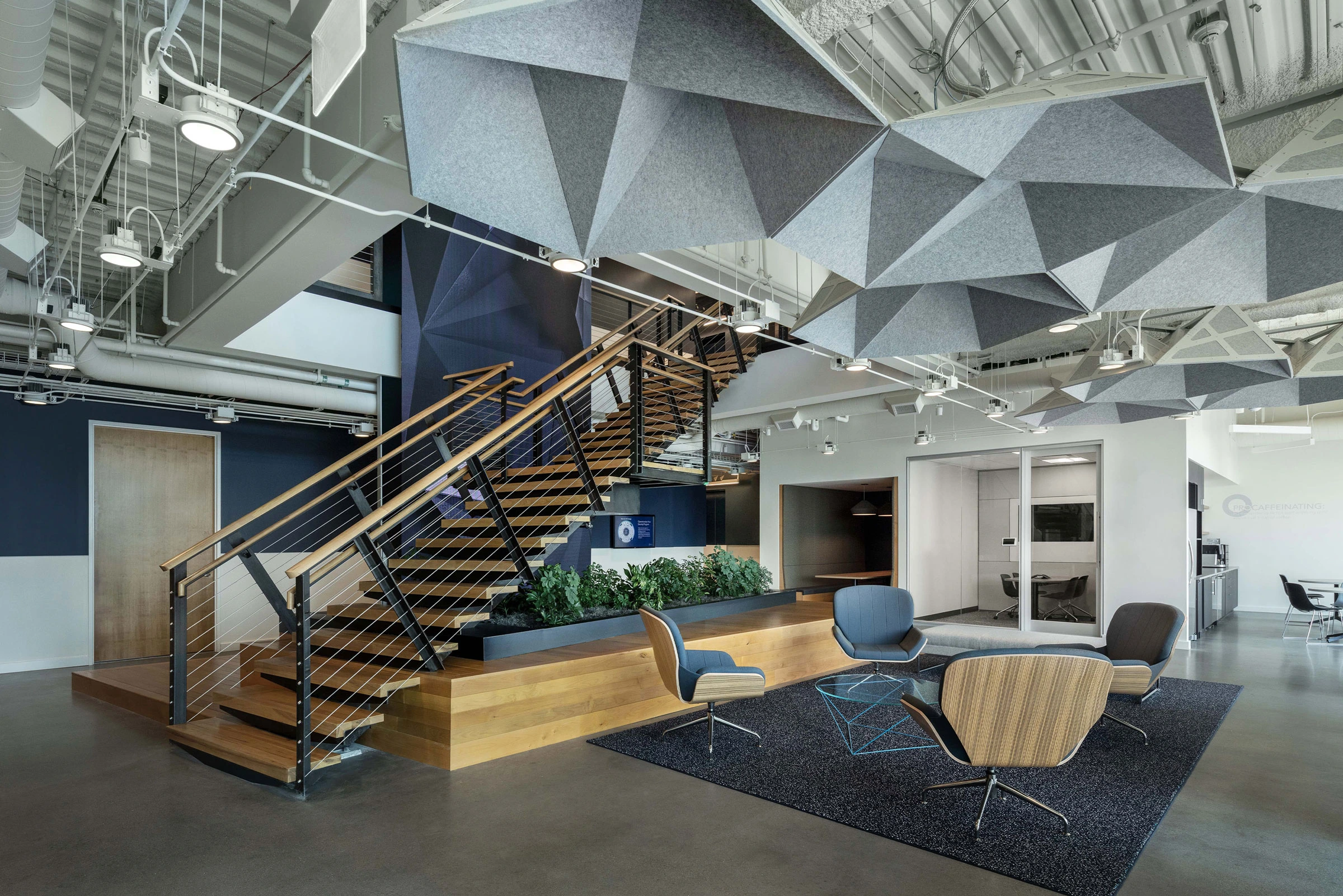A Sound Future: Why Do Sustainable, Energy-Efficient Buildings Need Acoustic Engineering?
Sustainable building approaches emphasize energy efficiency, green materials, and carbon reduction. Acoustic considerations are often overlooked. Acoustic engineering, or sound engineering, is the science of regulating sound and vibration in various environments· Acoustic engineering services in architecture involves strategically managing design, materials, and technology to reduce noise and achieve optimal acoustic conditions during construction. How Can Acoustic Engineering Help Advance Sustainable Architecture? Acoustic engineering is a critical discipline in sustainable architecture, focusing on sound and vibration management. It contributes to energy efficiency by reducing HVAC system noise, resulting in quieter, more efficient systems. Acoustics optimizes airflow and natural lighting in buildings, reducing the need for artificial lighting and cooling systems. Acoustic engineers select materials based on their acoustic properties and sustainability, such as using recycled or eco-friendly materials to minimize environmental impact and improve acoustic performance. How Can Energy Efficiency Be Increased with an Effective Acoustic Design? Acoustic engineering improves energy efficiency by reducing HVAC noise, increasing airflow and natural lighting, and employing sustainable materials. Acoustic engineering enhances productivity and well-being by designing spaces with appropriate background noise levels. Additionally, it optimizes acoustic conditions for clear communication and reduces the need for loud voices, benefiting both people and the environment. What Is the Crucial Connection in Construction Between Acoustics and Energy Conservation? Acoustics is the study of sound and its behavior in different situations, especially in the construction industry. It involves managing and manipulating sound to achieve desired objectives, like minimizing noise pollution, enhancing speech intelligibility, and optimizing audio quality. Acoustics is a crucial factor for architects, engineers, and construction experts as it affects energy usage and produces a comfortable environment. Balancing acoustics and energy saving requires applying measures such as insulation, daylighting, ventilation, and renewable energy. Why Is Taking Acoustic Factors Into Account Essential to Reaching Sustainable Building Objectives? Acoustics plays a crucial role in sustainable building design, improving occupant well-being, energy efficiency, and sustainability. By addressing noise concerns, using sound insulation materials, and implementing advanced technologies, we can create spaces that provide comfort, productivity, and tranquillity. This not only enhances the built environment but also promotes a healthier, more sustainable future. Acoustic considerations are important for future cities. Summary Are you searching for acoustic solutions for your building project? Building Services Engineers, or BSE’s Acoustics team, offer innovative services, integrating with design solutions to enhance projects’ usability· They consider client requirements, implementation, and budget, providing exceptional solutions for entire buildings·

